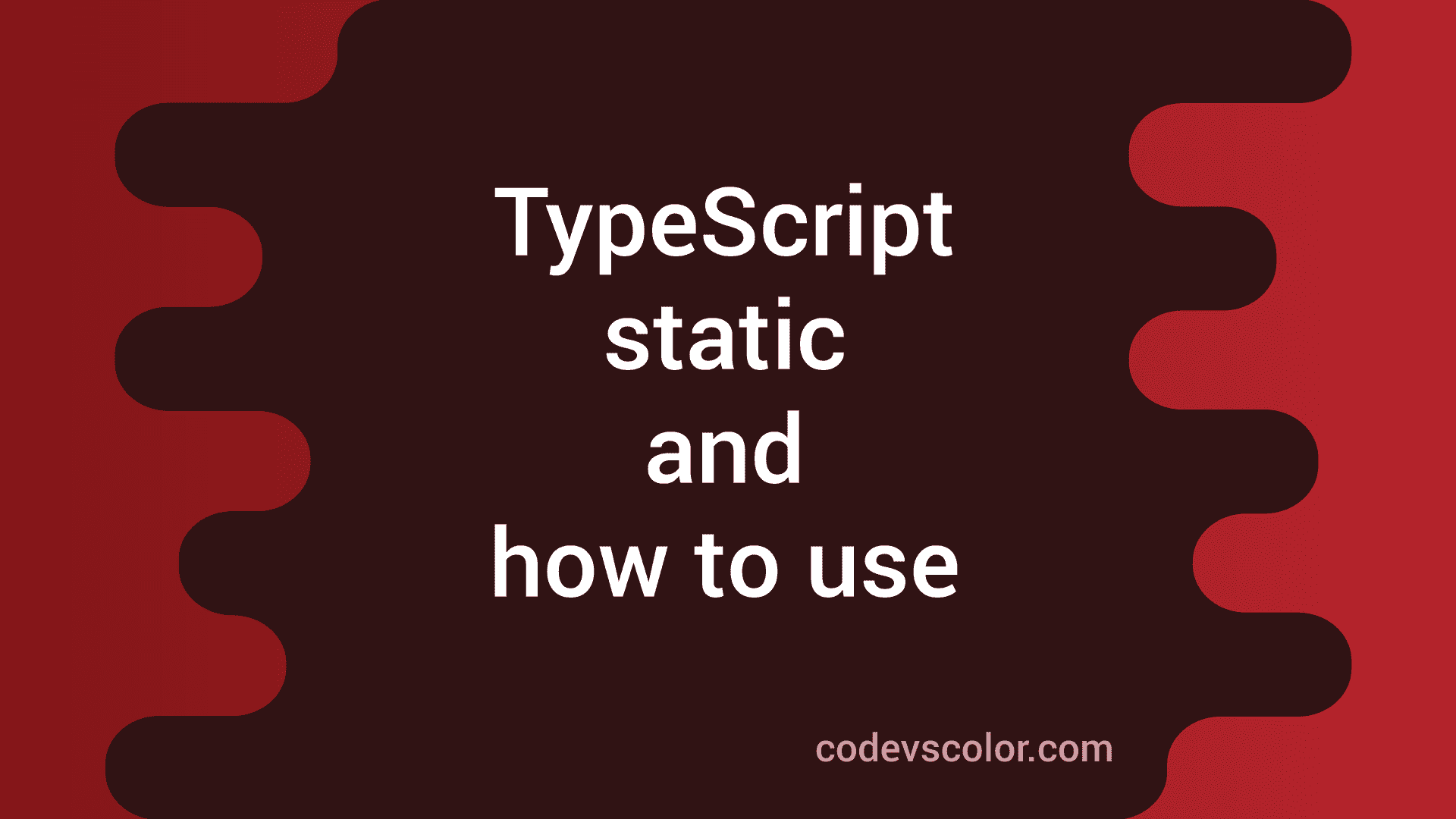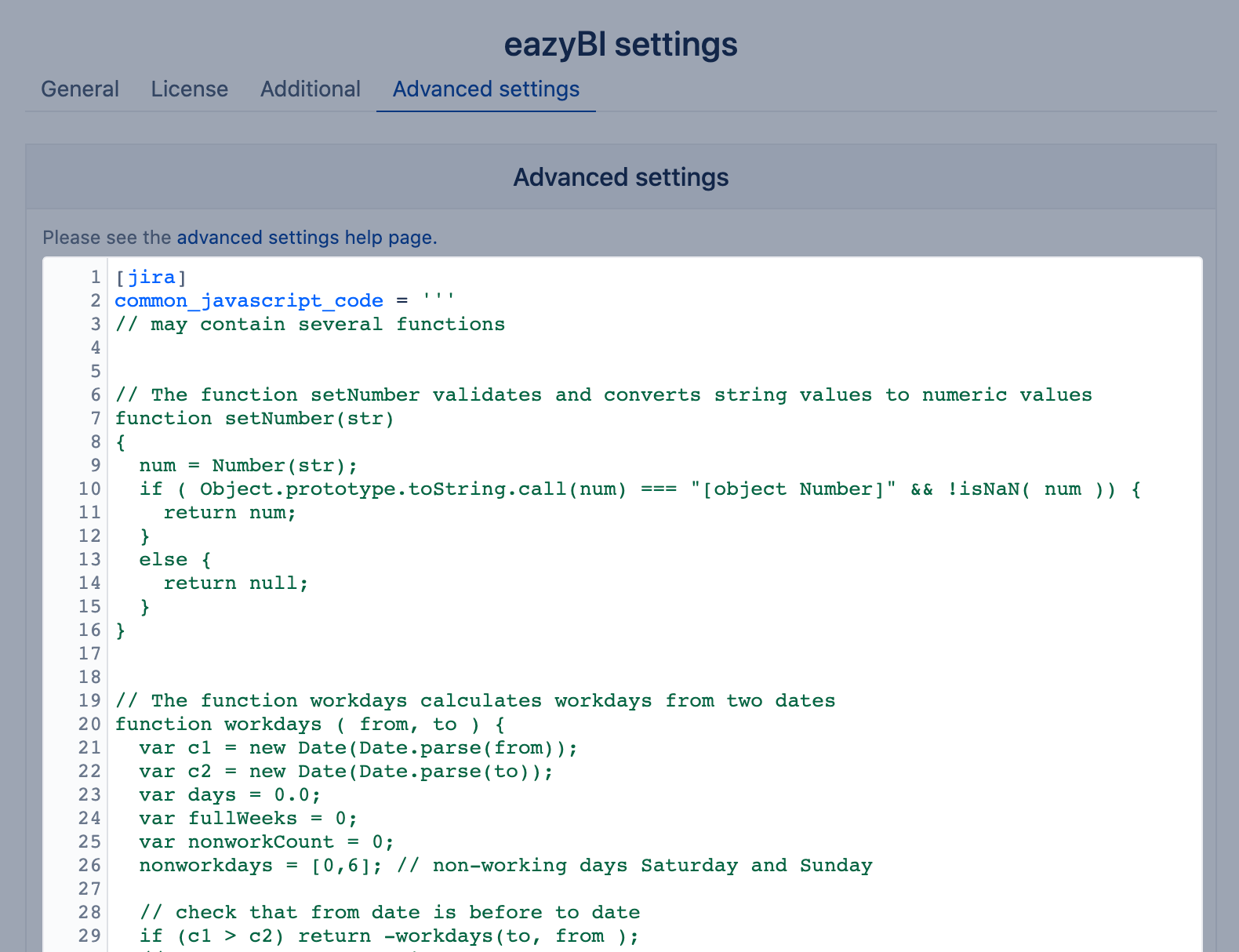

- Typescript parse number install#
- Typescript parse number Patch#
- Typescript parse number code#
- Typescript parse number iso#
We’re naively using any to type the callback’s argument. Similarly, the callback for a change to age should receive a number argument. a firstNameChanged event), we should expect that the callback will receive an argument of type string. Notice that we did not benefit from all the information provided in the original passed object.

2345 Argument of type '"frstNameChanged"' is not assignable to parameter of type '"firstNameChanged" | "lastNameChanged" | "ageChanged"'. on ( "frstNameChanged", () => ) Argument of type '"frstNameChanged"' is not assignable to parameter of type '"firstNameChanged" | "lastNameChanged" | "ageChanged"'. Template Literal types let us bring these constraints into our code. However, in the preceding description, we identified important type constraints that we’d like to document in our code. The naive function signature of on() might thus be: on(eventName: string, callback: (newValue: any) => void).

Namespaced tag names are looked up in a similar way on JSX.IntrinsicAttributes when the first segment of the name is a lowercase name.The on function that will be added to the base object expects two arguments, an eventName (a string) and a callback (a function). In JavaScript, if a function finishes running without hitting a return, it returns the value undefined. Easier Implicit Returns for undefined-Returning Functions
Typescript parse number Patch#
We anticipate that TypeScript 5.2 or a future patch release of TypeScript 5.1 will re-introduce this refactoring. However, we believe the implementation still needs some improvements.Īs a result, you may not be able to access it in most editors at the moment, and can only opt in through using a nightly version of TypeScript. Since the RC, we’ve iterated slightly on our built-in refactorings to move declarations to existing files This also means that usage of the transpileModule API will also ensure script files are not interpreted as modules, as it assumes the usage of isolatedModules. We’ve also made changes to our emit behavior under isolatedModules, ensuring that script files are not rewritten to modules. Since the beta, we’ve corrected some of our behavior for init hooks in decorators as the proposed behavior has been adjusted. typeRoots Are Consulted In Module Resolution.Decoupled Type-Checking Between JSX Elements and JSX Tag Types.Unrelated Types for Getters and Setters.
Typescript parse number iso#
Only the ISO 8601 format ( YYYY-MM-DDTHH:mm:ss.sssZ) is explicitly specified to be supported.
Typescript parse number install#
To get started using TypeScript, you can get it through NuGet, or more commonly through npm with the following command: npm install -D typescript In fact, if you already write JavaScript in editors like Visual Studio or VS Code, that experience is already powered up by TypeScript! You can learn more at.
Typescript parse number code#
TypeScript also uses these types to provide editor tooling like code completions, refactorings, and more. These types can describe some details about our program, and can be checked by TypeScript before they’re compiled away in order to catch possible typos, logic bugs and more. If you’re not yet familiar with TypeScript, it’s a language that builds on JavaScript by adding constructs called types. Today we’re excited to announce the release of TypeScript 5.1!


 0 kommentar(er)
0 kommentar(er)
